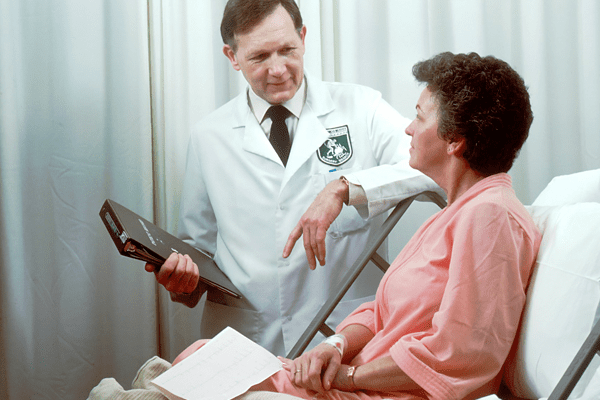In today’s fast-paced healthcare industry, the role of medical transcription has evolved significantly. From handwritten physician notes to digital documentation, the process of medical transcription has come a long way. With the advancement of technology and the demand for accurate and efficient healthcare documentation, medical transcriptionists play a crucial role in ensuring the accuracy and integrity of patient medical records.
What is Medical Transcription?
Medical transcription is the process of transcribing dictated recordings from healthcare professionals into written documents. These documents include a patient’s medical history, diagnosis, treatment plans, and other important information regarding their care. Medical transcriptionists are trained professionals who have the expertise to accurately transcribe and interpret medical terminology and ensure that patient records are accurate and up-to-date.
The Benefits of Medical Transcription in Healthcare
Medical transcription plays a vital role in modern healthcare for several reasons. Firstly, accurate and detailed medical records are essential for providing quality patient care. By accurately transcribing and documenting patient information, healthcare providers can make informed decisions regarding patient care and treatment plans. Additionally, medical transcription helps to improve communication among healthcare providers, ensuring that all members of the care team have access to the same information.
The Role of Technology in Medical Transcription
Advancements in technology have revolutionized the field of medical transcription. Gone are the days of handwritten notes and paper charts. Today, medical transcriptionists utilize Electronic Health Record (EHR) systems to transcribe and document patient information digitally. This not only improves the efficiency of the transcription process but also enhances the security and accessibility of patient records. With the use of voice recognition software and other technological tools, medical transcriptionists can streamline the documentation process and ensure greater accuracy and consistency in patient records.
The Importance of Accuracy in Medical Transcription
Accuracy is paramount in medical transcription. Errors or discrepancies in patient records can have serious consequences for patient care and treatment. Medical transcriptionists undergo extensive training to ensure that they have the knowledge and skills to accurately transcribe medical information and interpret complex medical terminology. By maintaining a high level of accuracy in their work, medical transcriptionists contribute to the overall quality of patient care and help to prevent costly and potentially harmful errors.
The Future of Medical Transcription
As the healthcare industry continues to evolve medical scribe salary, so too will the field of medical transcription. With the increasing demand for accurate and timely healthcare documentation, the role of medical transcriptionists will remain crucial in ensuring the integrity and accuracy of patient records. In an age of digital transformation, medical transcriptionists will continue to adapt to new technologies and tools to improve the efficiency and quality of healthcare documentation.
In conclusion, the evolution of medical transcription in modern healthcare has transformed the way patient information is documented and communicated. From handwritten notes to digital records, medical transcriptionists play a vital role in ensuring the accuracy and integrity of patient medical records. With the continued advancement of technology and the demand for accurate and efficient healthcare documentation, the field of medical transcription will continue to be a key component of quality patient care.
